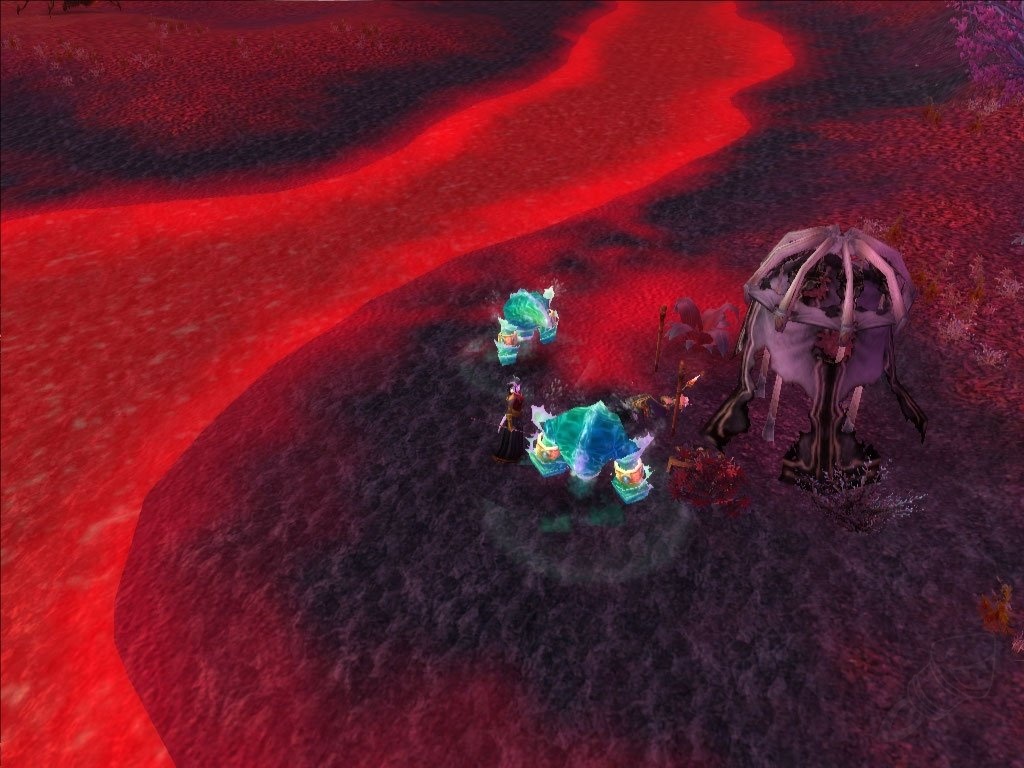

Stop using oil and gas and invest in wind- and sea power. Juel-Jensen would like to cut down 70 percent of emissions as soon as possible, but warns it will be expensive. If we do not stop using black energy now, the future will be black for our children”, adds Peter Juel-Jensen (Liberal Party) of the Danish Parliament. “And we can all highlight these issues in our own Parliament.

So what can parliamentarians do to help slow down the climate changes in the Arctic? Sharing of science and collaboration are two key points. The fact is that globally we will have less fish in the future, with more people to feed”, answers Furevik.

The warming will change the ecosystem and we will lose some of the Arctic species to the climate change. Species like the cod will move east and north into the Russian Arctic. “When warmer and more salty water replaces the cold and fresh water, the ecosystem will respond to it. “How will water quality affect us when the oceans contains less salt?” OSCE PA Vice-President Margareta Cederfelt asks during the debate. What does this mean for the world’s population? It means that sea level will rise faster than we have believed.Īnd for every centimeter with additional sea level rises, one million people more will have to evacuate. That is the amount of melting from Greenland in 2017. We can’t imagine the proportions, but try to picture seven Olympic sized swimming pools filled up every second”, says Furevik. Furthermore, all the worlds glaciers are melting. “40 years ago the sea ice was solid an thick. "Seven Olympic sized swimming pools every second" We will see this sooner”, Furevik explaines. But now we can say that we were probably too conservative in our predictions. We predicted the ice to disappear in 50 years. “The report was called “Arctic without ice” and this topic was so new back then that it made headlines worldwide. “We have had this knowledge for at least 20 years”, says the professor who together with a colleague wrote a report on the disappearing sea ice back in the year 2000. They also find that gravity actually changes as the large ice cap on Greenland melts into the ocean. He describes how climate researchers use observations as well as satellites and models to explore the Arctic and to measure the changing size and thickness of the polar sea ice. We now have the strongest greenhouse effect that the earth has experienced for millions of years”, warns climate researcher Tore Furevik.ĭuring a webinar debate Hosted by the OSCE Parliamentary Assembly, to better understand the effects of climate change in the Arctic, Tore Furevik, Director of the Bjerknes Centre for Climate Research in Norway, warned against the rapid warming of the Arctic. Every second we are emitting 1300 tons of CO2 into the atmosphere, and the CO2 is changing its composition. “The changes in the Arctic is happening fast.


 0 kommentar(er)
0 kommentar(er)
